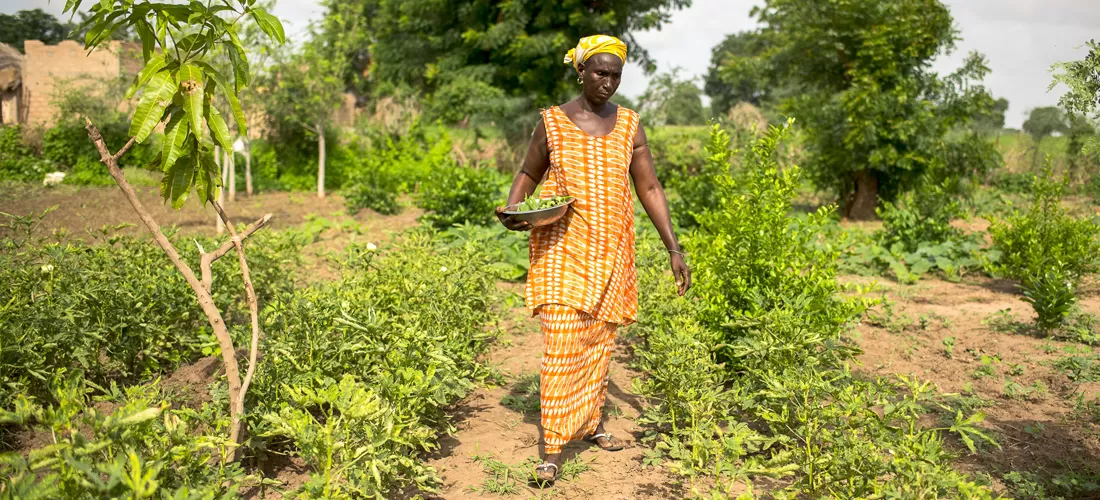
Senegal has marked the achievements of the Comprehensive Africa Agriculture Development Programme (CAADP-XP4), a five-year initiative that has strengthened agricultural research, built institutional capacity, and improved climate resilience across the continent.
Implemented from March 2019 to December 2024 by a consortium of five African research organizations—including the Forum for Agricultural Research in Africa (Fara), CORAF, AFAAS, ASARECA, and CCARDESA—the program has been described by stakeholders as delivering “substantial results.”
Funded by the European Union through the DeSIRA program and supervised by the International Fund for Agricultural Development (IFAD), CAADP-XP4 has focused on innovation, youth and women inclusion, and strengthening rural communities’ resilience.
“The true measure of CAADP-XP4 lies not only in the activities implemented, but in the tangible impact on the institutions and communities we serve,” said Dr. Aggrey Agumya, Executive Director of Fara.
He highlighted the importance of transforming project findings into “compelling, evidence-based narratives to inform policy and guide future programs.”
Emmanuel Ndukwe, Director of Research and Innovation at CORAF, said the project has introduced climate-resilient seeds, agroecological practices, and water and soil conservation techniques, while building capacity in 23 countries.
“Thanks to this project, we were able to develop new programs, including a European Union-funded project on agroecology,” he said, noting additional funding from the World Bank and Swiss cooperation.
In Senegal, the initiative has expanded skills for researchers, women’s groups, and NGOs in resource mobilization, knowledge management, and climate-smart technology assessment.
“The expected results have sometimes been exceeded, since they already serve as a springboard for other projects,” said Dr. Mame Fama Ndiaye of the Senegalese Institute of Agricultural Research (ISAR).
Despite the successes, officials remain aware of ongoing challenges.
“In five years, it’s clear that we can’t achieve everything. We’re therefore looking to capitalize on what remains to be done to consider an extension,” said Ndukwe.
Participants at a three-day workshop emphasized the need for a phase 2 to scale innovations, deepen partnerships, and fill remaining gaps.
“As we approach the end of the CAADP-XP4 cycle, the results we record here will serve as a basis for scaling innovations and designing the next generation of programs,” concluded Dr. Agumya, underlining the long-term impact of the initiative on African agriculture and climate resilience.



